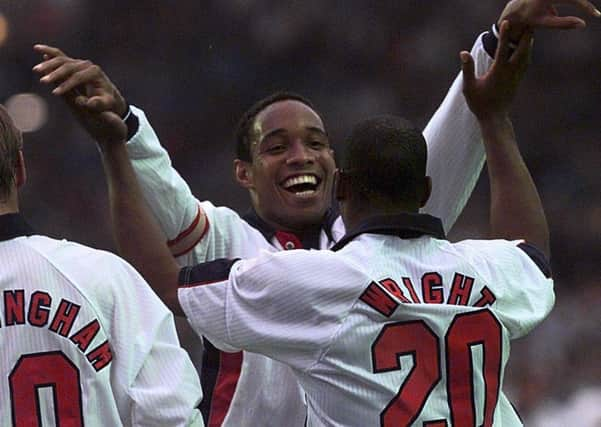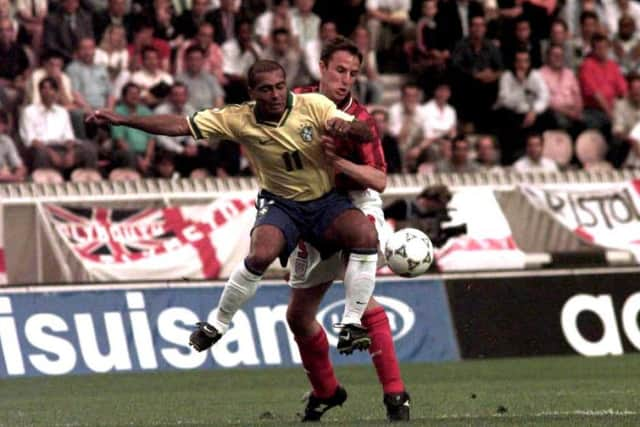Bygones: Looking back to England's last taste of silverware ...


However, delve a little deeper and it is technically only 21 years of hurt, to coin the tagline of Baddiel and Skinner’s famous song.
The Tournoi de France 1997 was a friendly international tournament that ran the summer before the 1998 World Cup.
Advertisement
Hide AdAdvertisement
Hide AdThe format was a four-team group comprising the hosts, England, Brazil and Italy in a single round-robin tournament with the group winner taking the spoils.


England won two of their three fixtures to finish top of the group, and duly lifted the trophy albeit at a low-key presentation.
Despite being billed as a friendly tournament, this was in an era before squad rotation was even heralded as a concept.
Hence, all four teams picked strong squads with a plethora of world-class players on display.
Advertisement
Hide AdAdvertisement
Hide AdThen England manager Glenn Hoddle clearly saw the importance of the tournament, selecting the likes of Alan Shearer, Paul Gascoigne, David Beckham and Paul Scholes.
In fact, 15 of the squad that Hoddle chose went on to be picked for France ’98, showing the importance of this warm-up competition with regards catching the manager’s eye.
Naturally, there was a sprinkling of inexperience with former Huddersfield Town manager Lee Clark, then uncapped, and Harrogate’s John Scales complementing the largely first-choice squad.
England’s first game took place in Nantes against the Italians on June 4.
Advertisement
Hide AdAdvertisement
Hide AdFirst-half strikes from Ian Wright and Paul Scholes inspired Hoddle’s men to victory against a team boasting the likes of Gianfranco Zola, Allesandro Nesta and future World Cup-winning captain Fabio Cannavaro.
Three days later, Hoddle shuffled his pack for a meeting with the hosts, who had drawn their opener 1-1 against Brazil, in Montpellier.
The likes of David Seaman, Sol Campbell and Shearer were drafted in and helped England secure a 1-0 win.
It came courtesy of a textbook goal from Shearer, who pounced on a fumble by Fabien Barthez and bundled the ball home four minutes from time.
Advertisement
Hide AdAdvertisement
Hide AdPre-season tournament it may have been, but this represented England’s first win on French soil against the hosts in 48 years.
Suddenly there was a buzz again about this England side, after the heartache of the previous summer when they were a penalty shoot-out away from contesting the Euro 96 final on home soil.
England’s last assignment came in the shape of defending world champions Brazil.
By virtue of the first two rounds of results, though, England were remarkably already guaranteed to finish top as they were four points clear of the Brazilians.
Advertisement
Hide AdAdvertisement
Hide AdA tight game unfolded when the teams met at the Parc des Princes on June 10. Former Barcelona striker Romario proved the difference, with his poked finish just after the hour-mark sealing a 1-0 win for the Brazilians.
Despite the low-key ending, England had done enough to finish top and claim a trophy, albeit one that may not register as a bona fide success for some.
But it provided a much-needed shot in the arm for the Three Lions as they went on to negotiate a tricky qualifying campaign in the following months.
In terms of what it did for influencing their performance at the World Cup, it is hard to say especially considering the manner of their infamous last-16 loss to Argentina. But at least it provided a welcome juncture in the largely unsuccessful path that the Three Lions had trod since the halcyon days of 1966.